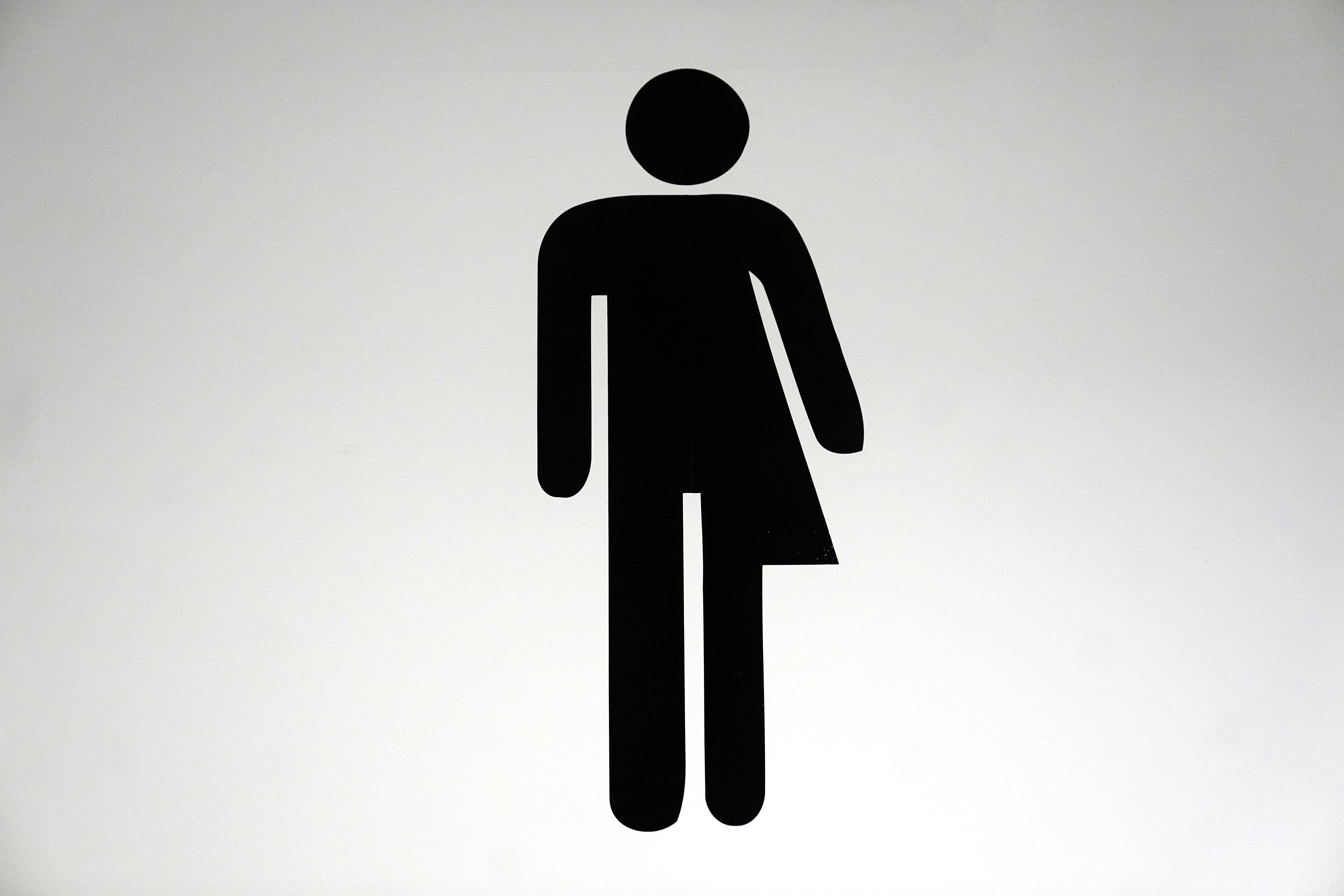Parents should ‘push back’ against children identifying as non-binary: MP
MPs debated a public petition on making non-binary a legally-recognised gender identity.

Your support helps us to tell the story
From reproductive rights to climate change to Big Tech, The Independent is on the ground when the story is developing. Whether it's investigating the financials of Elon Musk's pro-Trump PAC or producing our latest documentary, 'The A Word', which shines a light on the American women fighting for reproductive rights, we know how important it is to parse out the facts from the messaging.
At such a critical moment in US history, we need reporters on the ground. Your donation allows us to keep sending journalists to speak to both sides of the story.
The Independent is trusted by Americans across the entire political spectrum. And unlike many other quality news outlets, we choose not to lock Americans out of our reporting and analysis with paywalls. We believe quality journalism should be available to everyone, paid for by those who can afford it.
Your support makes all the difference.Parents whose children identify as non-binary or trans should “push back” and tell them to be “proud of who they are”, a Conservative MP has said.
As MPs debated a public petition on making non-binary a legally-recognised gender identity in the UK, Don Valley MP Nick Fletcher said: “While I am here, I want to speak to parents.
“If your child comes home with these concerns, talk to them but be strong.
“Do not ever give into them or to peer pressure from other adults.
“Your child was born a boy or girl.
“Be proud of who they are.
“Tell them to be proud of who they are.
“Wherever their interests lie, help and encourage them.
“Be part of their lives, talk to them.
“Talk to them all the time.
“But push back on this.
“Sometimes you have to be cruel to be kind.
“They will thank you for it in the long run.”
He added: “If they say they are unhappy, think just for a second how unhappy they will be when their best friend is having a child and they can’t, when their best friends are dressing up beautifully and they are having to shave.
“What makes you sure they will be happy then?”
Mr Fletcher said he did accept that non-binary people “do exist”, but did not agree that legal recognition for them was needed.
He added: “I see them. I hear them. I feel for them. I want to help them.
“I say this to them: We are a tolerant nation and we accept you as you are, however it does not follow that the law has to be changed to reflect the way certain individuals feel.”
The petition, which calls on the Government to “make non-binary a legally recognised gender identity in the UK”, attracted more than 140,000 signatures from across the country.
It added that recognising non-binary as a “valid gender identity” could “aid in the protection of non-binary individuals against transphobic hate crimes, and would ease gender dysphoria experienced by non-binary people”.
Elsewhere in the Westminster Hall debate, Conservative former minister Tim Loughton suggested puberty blockers should only be available to over-18s, comparing the medicine to cosmetic surgeries.
The East Worthing and Shoreham MP said that puberty blockers have “life changing impacts on those children, far more than a tattoo or a temporary suntan or even a breast enlargement operation would have”.
He added: “Yet if you challenge that, if you question whether those children are actually capable of thinking through the consequences and cognisant of the implications for the rest of their lives to make that decision, with or without parental responsibility being involved, then you are subject to cancel culture.”
Labour party chairwoman Anneliese Dodds urged the Government “to focus on the treatment of non-binary people especially on the need for research into this”.
Equalities minister Mike Freer said there was not enough data on non-binary people’s experiences to “draw conclusions” about their needs, adding: “The Government will continue to monitor research into the experiences of non-binary people, seeking to better understand their lived experience.”
He also said: “It is important that under-18s are properly supported in line with their age and decision-making capabilities.”